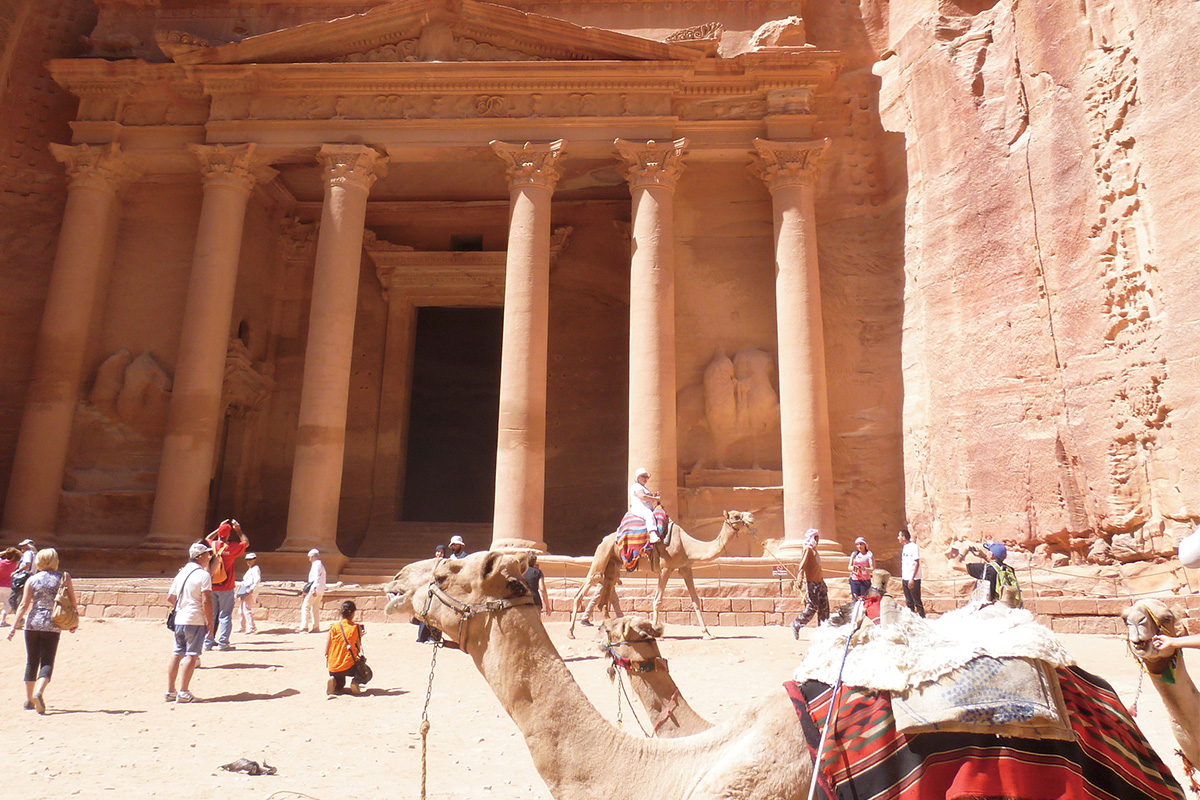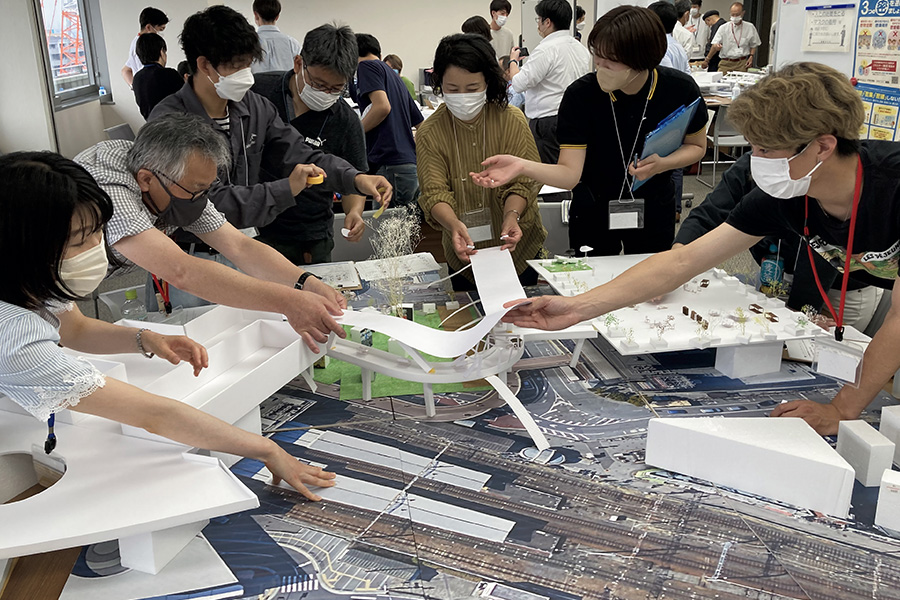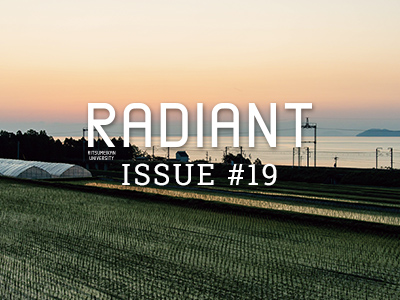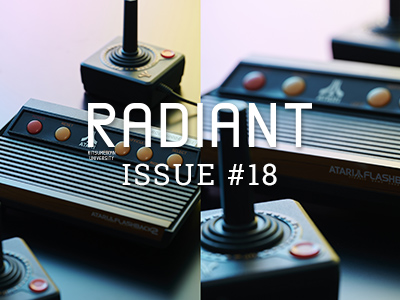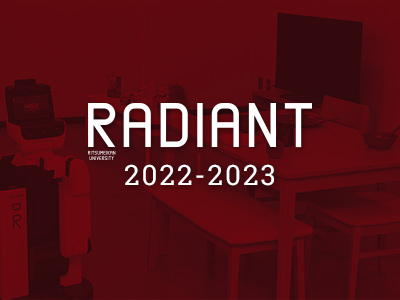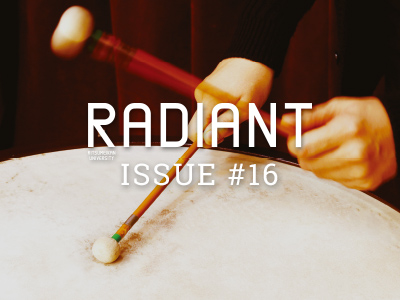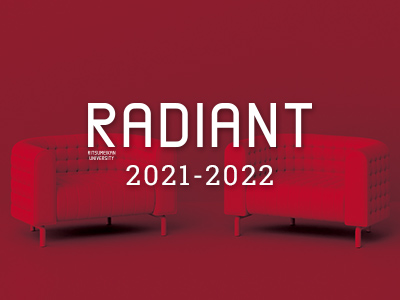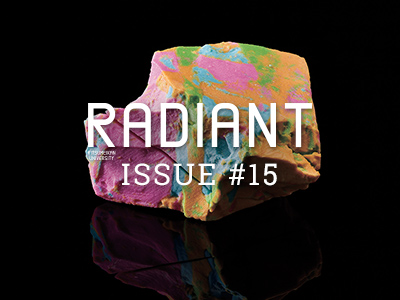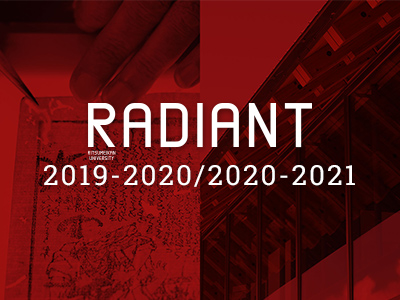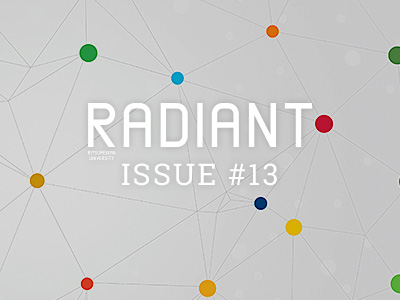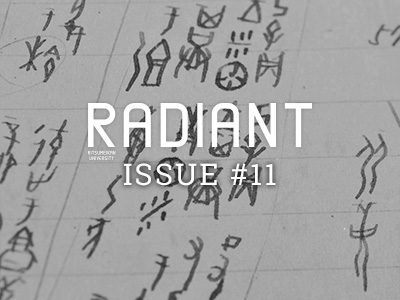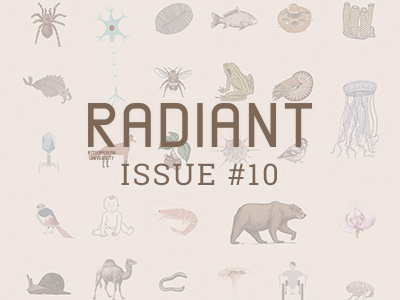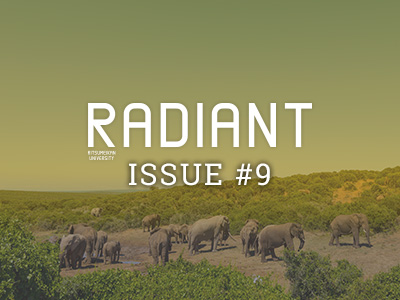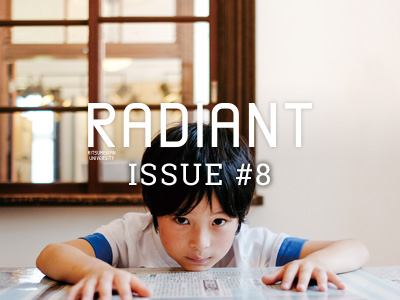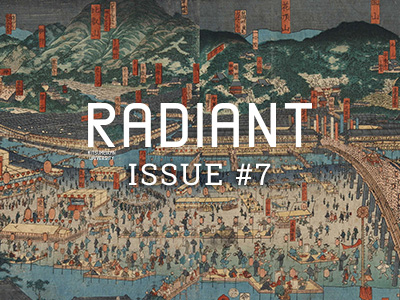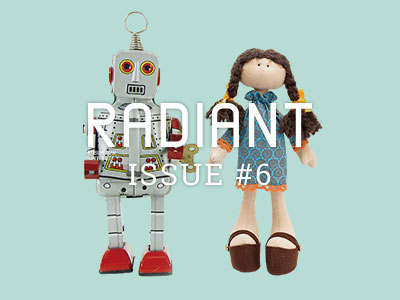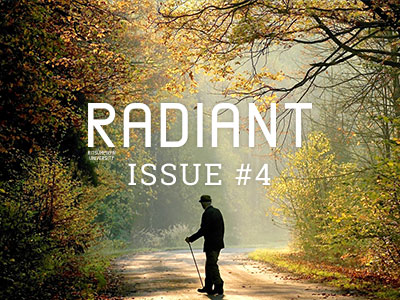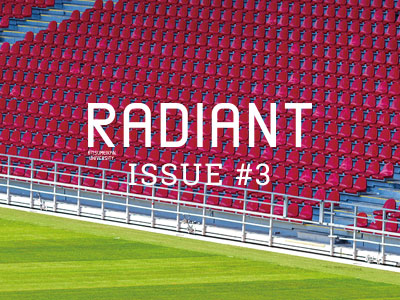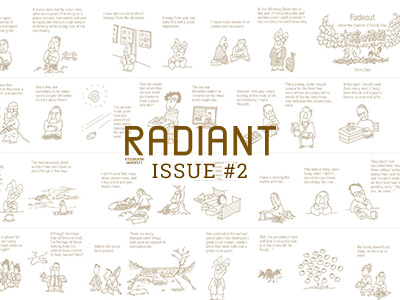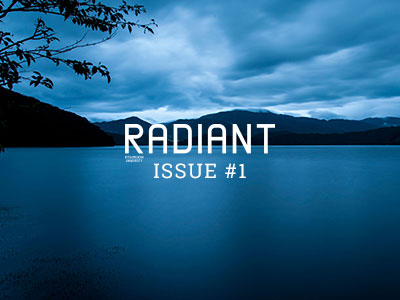STORY #4
The Peace Politics
and Religion Advocates
Fukiko Ikehata, Ph.D.
Associate Professor, Kinugasa Research Organization
Sectarian reconciliation led
by Jordanian political leaders
When we discuss the relationship between politics and religion, the focus tends to be on terrorism, violence, and serious conflicts. “However, the relationship between politics and religion is not always violent. Religion also moves to reduce violence and conflict in some cases and works as a vector in achieving interfaith and interreligious harmony as well as international peace,” says Fukiko Ikehata, a researcher who studies the dynamics of the relationship between religion and domestic and international politics in the Middle East, with a focus on Jordan. She is particularly interested in political and religious activities that seek to create peace-oriented norms by words, not through force or violence.
“Jordan is a monarchy ruled by the Hashemite royal family, and more than 90% of the population, including the royal family, is Muslim,” explains Ikehata. She has frequently visited Jordan since her first trip in 2014 to conduct fieldwork. She has collected Arabic-language literature and information available only in the region and conducted interviews with royalty-led NGOs and other organizations. She has also gained valuable knowledge and perspective from being on the ground in Jordan, including the atmosphere of the towns and the actual opinions and thoughts of people there, which she has incorporated in her research.
“The Hashemite royal family, including the current King Abdullah II (presiding since 1999), is a political leader and actively disseminates religious topics. I am trying to understand the meaning and significance of such religious comments by such political actors on domestic and international politics, from both the perspective of political strategy and the history of religious thought,” Ikehata says. For example, the Hashemite royal family claims on various occasions that they are descendants of the Prophet Muhammad. Ikehata explains that the royal family’s legitimacy is maintained within Jordan by emphasizing religious authority. Prince Ghazi, a cousin of King Abdullah II, is a member of the royal family and, at the same time, an Islamic scholar, serving as an adviser to the King’s religious affairs department. In other words, religion plays the role of legitimizing authority and endorsing politics.
In this way, according to Ikehata, not only is religion used by politics, but politics could also add a new dimension to religion. Ikehata notes that the Hashemite royal family has continued to promote dialogue among Islamic countries on sectarian and religious issues. A notable example of such efforts is the Amman Message, published in the name of the King in 2004. "It lists the names of the existing schools of Islamic law, declares them all 'legitimate,' and preaches unity among the Islamic sects." It was quite a novel attempt to appeal to a wide range of sects and schools of thought and give them recognition.
Following its publication, the Amman Message was submitted to several international conferences and approved and agreed upon by Islamic countries. In 2005, it was submitted to the Summit of Islamic Countries organized by the Organization of the Islamic Conference (OIC), which passed it unanimously. “It is noteworthy that this agreement was made not only by Islamic scholars and jurists known as 'ulama' but also by involving the heads of state, i.e. political leaders. The creation of an international consensus on religion under political leadership was a new development in the history of Islamic thought.”
Jordan's efforts to promote dialogue and reconciliation had a strategic political intent. If Jordan took the initiative and succeeded in forging an international consensus, King Abdullah II would gain international recognition and promote the authority and legitimacy of the royal family both at home and abroad. “But that is not all. The dissemination by Jordan’s political leadership has created an international consensus and a new international norm that ultimately defines 'who a Muslim is.’ In an age where religion has taken on a political nature, this can be seen as part of an international political movement in our time,” Ikehata analyzes.
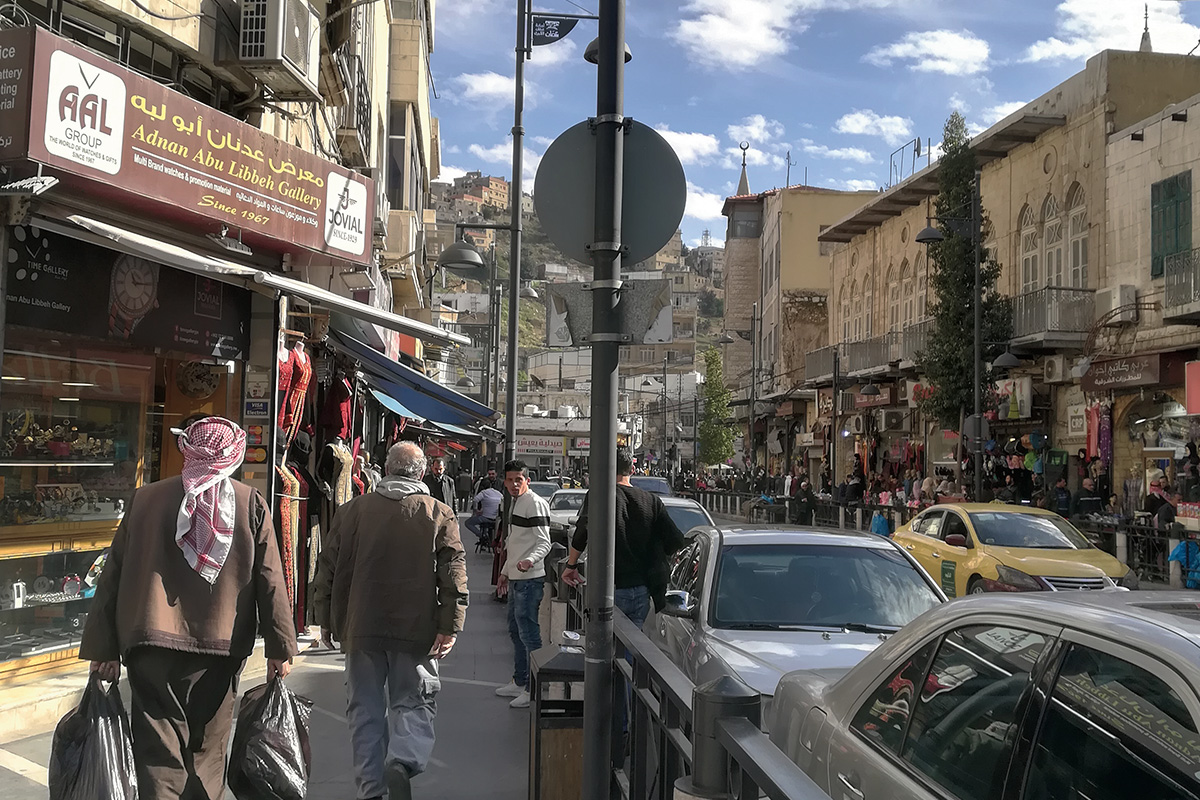
Amman City Center in 2020
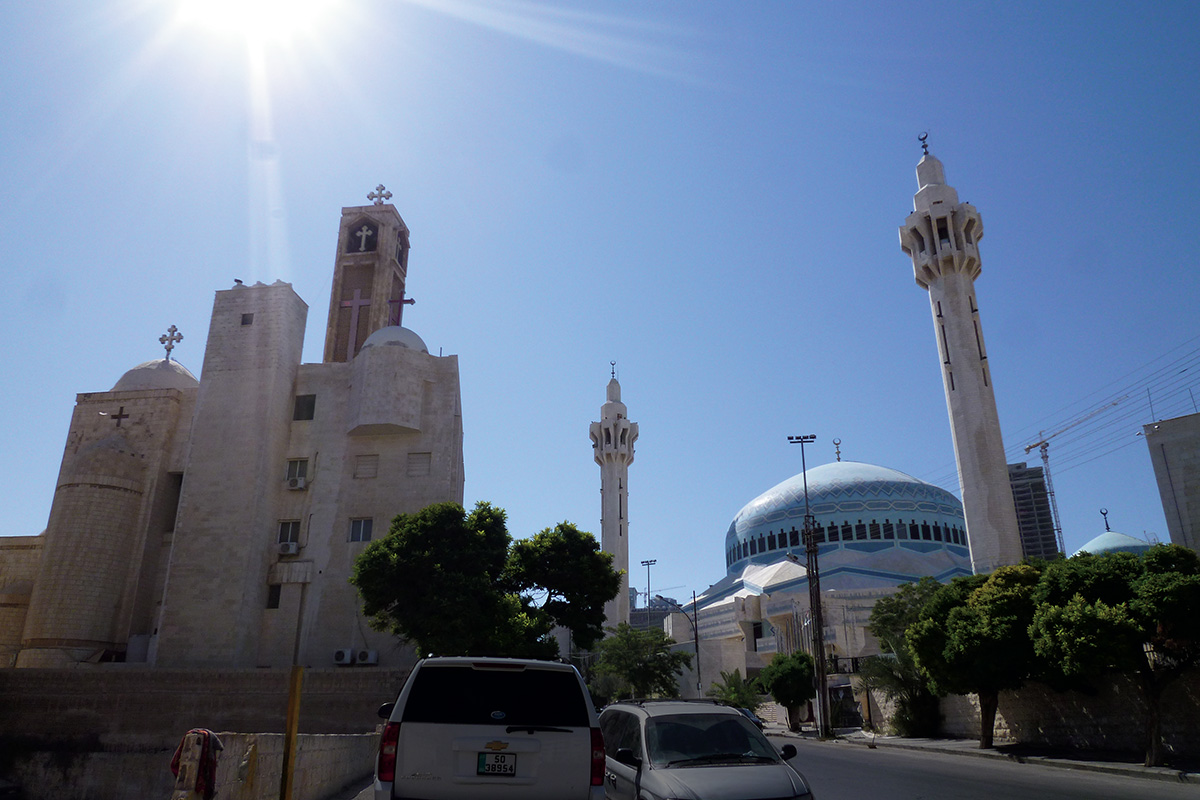
A mosque and a church side by side in Amman in 2016

Amman Bookstore District in 2020
“Moreover, there is now a movement not only in the Islamic world but also in the world at large to be involved in international consensus building and to exert one’s presence,” says Ikehata. Until now, international norms have a history of being shaped through the leadership of Western societies, and within it, Christian norms have been embedded in various forms. In the meantime, Islamic nations are working on restructuring international norms from the Islamic standpoint and seeking ways to bring them forth.
The ulama (scholars of Islamic knowledge, including Islamic law) play an essential role in the Islamic world, where they aim to form such new norms. “To respond to the world's modern and diverse challenges, the ulama are now engaged in 'collective ijtihad,' an activity that creates legal views by international members that transcend nationalities, sects, and jurisprudences. For example, such a team discusses bioethical issues, such as organ transplantation and reproductive medicine or the feasibility of a new financial system, and creates one legal opinion. Those opinions are then broadcast to the international community.” Ikehata’s next theme explores the relationship between these ulama networks and international politics. She will continue to shed light on the unknown aspects of the Islamic world.
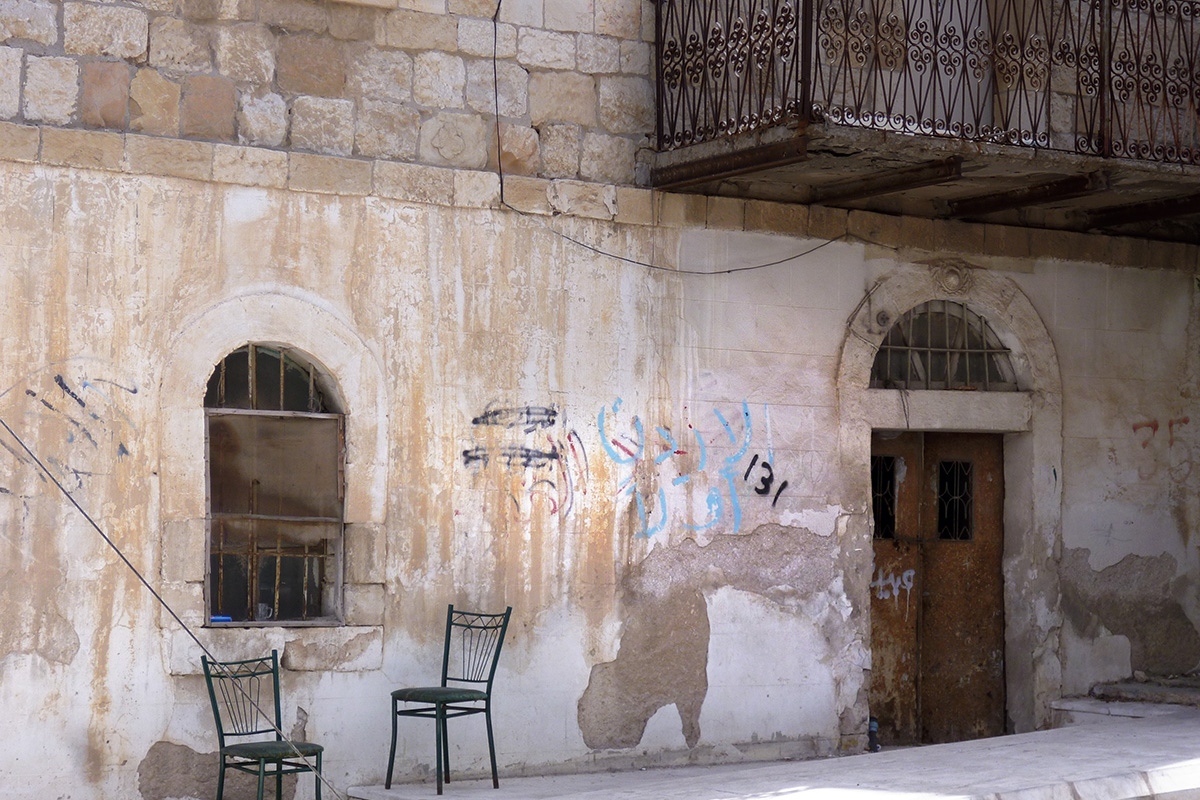
A graffiti reading “Jordan No.1” in 2014
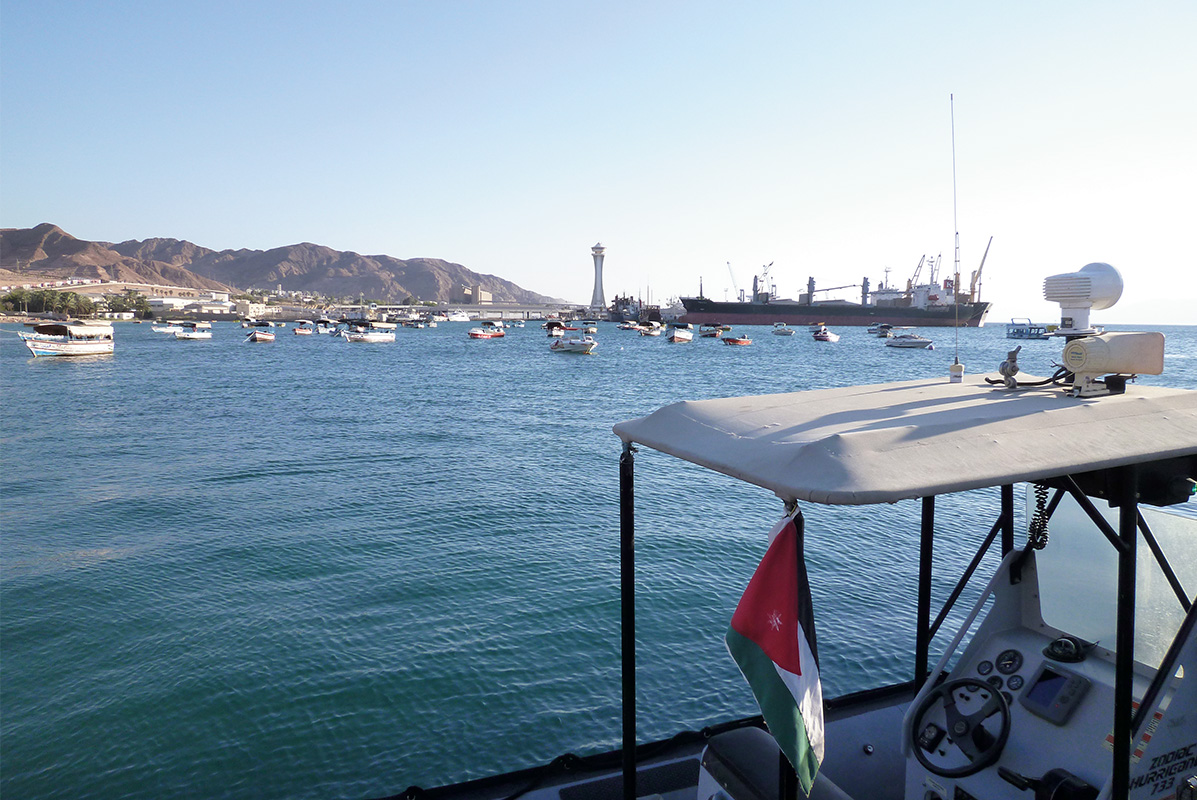
Aqaba Port in 2014
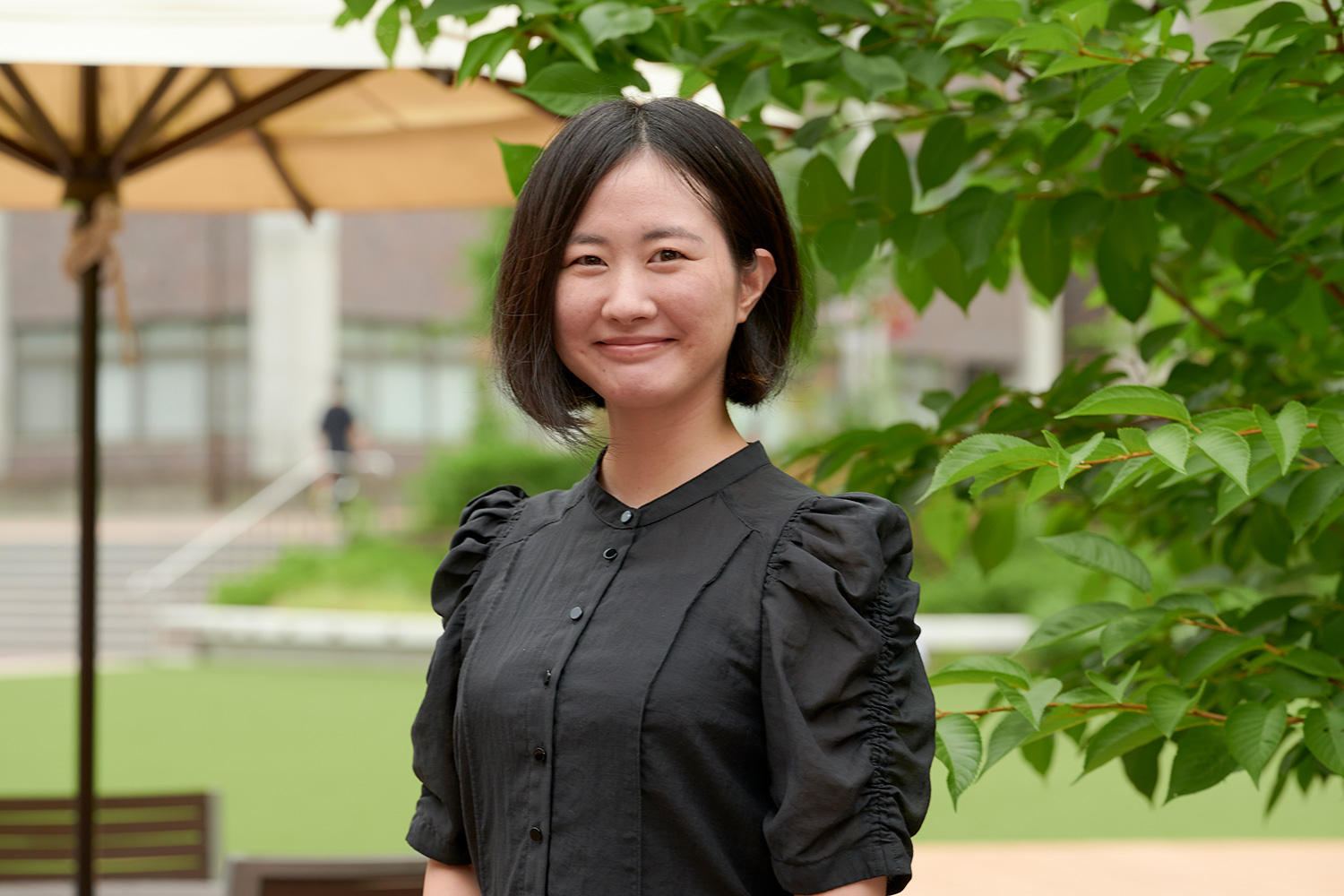
- Fukiko Ikehata, Ph.D.
Ikehata Fukiko - Associate Professor, Kinugasa Research Organization
- Research Themes: International Politics and Religion; Jordan’s Religious Strategy; Religion in the Formation of International Norms
- Specialties: Middle Eastern Studies; International Relations

